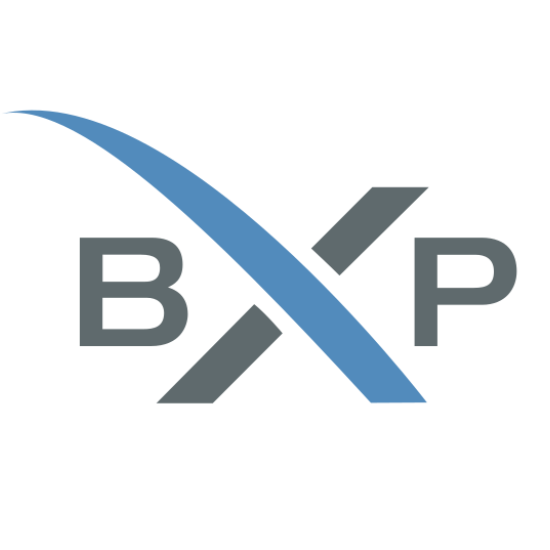Cloud BPM solutions allow workers to access data, forms, documents, and more from anywhere and any device. This remote workforce capability is helping to streamline business processes, increase profitability, improve customer service, and reduce the costs associated with printing and delivering documents. Many companies are recognizing the value of mobile BPM solutions as well as the benefit of capturing secure e-signatures with electronic signature technology to further reduce expenses and expedite document processing.
Process Director and Electronic Signature Technology
Companies who see the benefit of reducing paperwork with electronic versions are reaping multiple benefits including:
- Reduction in costs associated with printing, such as ink, paper, and copier maintenance.
- Reduction in shipping/delivery expenses. Fewer documents means a decrease in postage costs and no delivery fees. The customer has their invoice, quote, or purchase order in their e-mail with their e-signature included.
- Fewer errors and redundancies as well as less filing and mail/document processing.
- Faster document processing, including approval processes to close orders and get paid faster.
- Sales cycles can be shortened through business process automation and electronic signature capture.
- Approval-based workflows are simplified with no guessing or accidentally allowing something to slip through the cracks. Process Director allows you to set up alerts when signatures don’t happen in the expected timeline.
- Enhanced security and back up. Process Director allows data to be securely housed online, protecting it from fire, flood, or theft. Back-ups of documentation and the e-signature are maintained for records and audits.
Find Success with Process Director
Paperwork can be lost, misfiled, damaged, or even simply thrown away. However, e-signature software allows businesses to quickly and easily capture legally binding signatures, streamline approvals, create accountability, and build an audit trail while also keeping digital records.
Not only are digital records easy to search, making them easy to find, they eliminate the need for filing and physical storage space. Web based back-ups mean important documents are stored securely without fear of onsite weather, fire, or theft concerns.
Furthermore, this electronic signature technology can be used with vendors, suppliers, customers, and even employees. Consider the accountability created with purchase orders, product delivery, contracts, and policy manuals when e-signatures become part of the business process. Signatures state the information is verified and approved, thus reducing miscommunication and creating a contract of understanding. Electronic signature technology truly give management another tool for enforcing expectations and standards.
A Case Study in eSign with Process Director
Memphis Light, Gas and Water recently began using Process Director with e-signature and has reported some incredible results such as a significant decrease in approval times due to improved routing and document review processes supported by mobile applications, improved accessibility to documentation, making audits simpler and quicker, and more consistency in form completion with automation in place among other things.
Whether you need the security of digital signatures, the accountability of electronic signatures, or remote based e-signature capture, Process Director BPM software offers the electronic signature technology you need to reach your goals. Contact us today for a demonstration.


